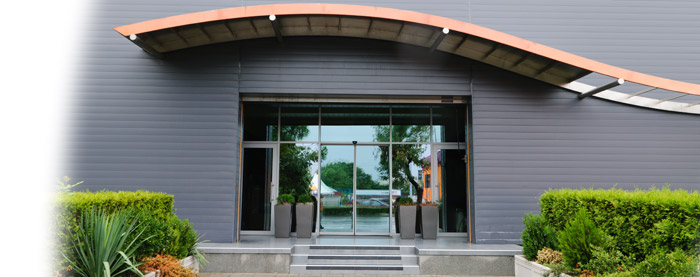-
February 3, 2021
At the beginning of February, one share of the company costs BGN 13.80, which means that the market capitalization of the pharmaceutical equals 1.13 billion leva.
Read the full article here in Bulgarian.
-
December 22, 2020
We say goodbye to a historic year, marked by unprecedented difficulties in medical, economical, political and of course, in pure human terms. With hard work and effective oganization, in this difficult time, we could assure that the Bulgarian population had access to reliable and affordable medical prevention and early COVID-19 treatment with hydroxychloroquine. At the same time, by developing, manufacturing and registering it in Bulgaria, we have restored access to thousands of patients suffering from lupus and rheumatoid arthritis to this essential medicine. Tchaikapharma is the only Bulgarian manufacturer of injectable antibiotics, which are vitally important for the hospitals in the country. Obviously, these achievements did not go unnoticed on the Bulgarian stock exchange.
Read the original article here.
-
October 5, 2020
Patients with rheumatic disease are less likely to suffer from coronavirus, especially those taking hydroxychloroquine. That is why their therapy should not be interrupted during the pandemic, says rheumatologist Prof. Rasho Rashkov and clarifies that he and his colleagues have many years of experience in the treatment with hydroxychloroquine, as well as treatment of some of the complications caused by the infection.
The full article is available here in Bulgarian.
-
October 3, 2020
Tchaikapharma High Quality Medicines Inc. remains the most expensive Bulgarian company on the Bulgarian Stock Exchange. After the market capitalization of the pharmaceutical company exceeded BGN 1 billion at the end of June, in July, August and September it added more value to its stock market valuation.
The full article is available here in Bulgarian.
-
July 13, 2020
There is a company on the Bulgarian Stock Exchange with a value of over a billion leva, according to data in the bulletin of the stock exchange operator for the second quarter. This is Tchaikapharma High Quality Medicines. By the end of June, the stock exchange players estimated the pharmaceutical company at BGN 1,027,500,000.
Read the full article here in Bulgarian.


